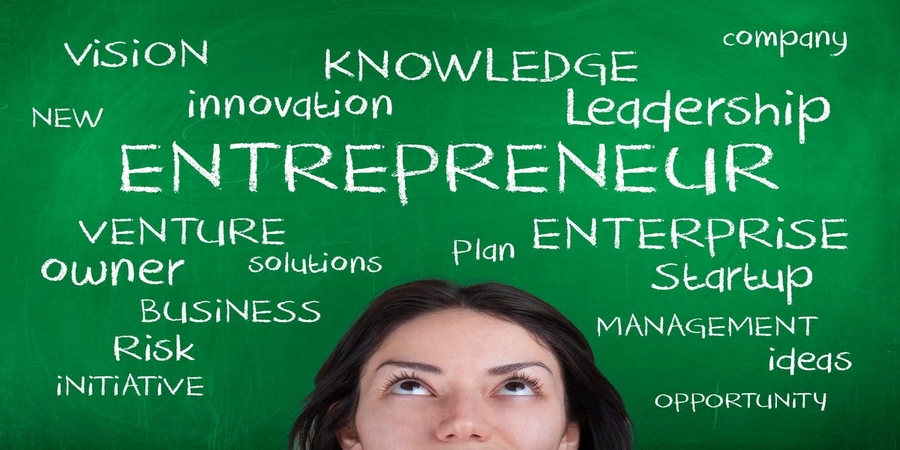As the founder and CEO of a startup, if there is one thing that you need to learn it is how to deal with failures and the everyday anxiety that comes with the job. It was something a 38-year-old founder and CEO had already read and heard about, but it was nowhere close to what he was prepared for.
“It is no secret that entrepreneurship is a tough ride and nobody in their right mind would willingly choose to do it. But it is still glamourised. That day, when I had a critical board meeting and nothing from the internet to the toilets were working in my small studio office, I couldn’t help but wonder – did I actually sign up for this? There was this strong sense that I was simply and spectacularly failing,” says a founder on condition of anonymity.
Failings and failures have always been associated with big events like a shutdown, operations breach or data breach, but those aren’t the only failings that an entrepreneur has to go through.
“Each day is about the decisions you make. Small, big, minuscule – it just doesn’t matter. Each of these decisions has an impact. It just isn’t about the impact on you, it is the impact on the people, the product, stakeholders, customers, and shareholders. For example, you decide to make a small change in a feature and you end up implementing that. Now, if the needle moves, you are happy, but if it doesn’t, the feeling of dread sets in,” says the founder of a startup in Bengaluru.
She explains that the probability of failing always seems higher. Echoing this sentiment, another founder of a delivery startup explains that the odds seem to always be stacked against you. And now the scenario has become worse.
“In the initial days of the lockdown, investors look at you and ask you what are your plans. Quite honestly, I wanted to tell them I have no idea or clue. But you just cannot afford to do or say that. And you need to make a call and look people through a video and tell them their salary is getting cut – But I want you to work 10x harder.”
“How can I inspire someone when I am not feeling that inspired? In some cases, you have you look at someone in the eye and tell them – you are great but we don’t need you because we have to cut costs. It is the worst possible position to be in. You know you are cutting off a livelihood and in some cases the one for a family, and there isn’t much you can do. No matter how much you blame the scenario, you cannot help but blame yourself,” the founder adds.



